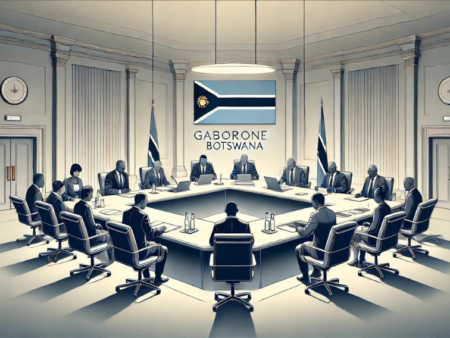The impending hearing at the Nigeria Supreme Court, scheduled for March 13, 2024, marks a pivotal moment in a legal saga initiated in 2008. Filed by the Attorney General of Lagos State against the Federal Government, the case delves into the intricate realms of gaming and Lottery Regulation.
Chairperson Justice Kudirat Kekere-Ekun’s proposal for a streamlined approach during the hearing reflects a strategic move to expedite proceedings and enhance efficiency. The inclusion of 34 additional States’ Attorneys General as defendants in November 2022 underscores the widespread implications of the case.
The backdrop of legal conflicts, particularly the Federal Government’s triumph over the Bookmakers Association of Nigeria in August 2022, sets the stage for the Supreme Court’s deliberations. The conflict primarily revolved around taxation and license fee disputes between the federal government and individual states, revealing the complexities of governance in the gaming industry.
Federal High Court rulings have played a defining role, affirming the National Assembly’s authority to legislate on lotteries and emphasizing the federal government’s exclusive role in nationwide gaming regulation. Despite these rulings, persistent disagreements between state and bookmakers’ governments underscore the intricate nature of regulatory disputes.
At the heart of the ongoing legal battle is the fundamental question of whether the National Assembly holds exclusive legislative jurisdiction over lotteries. Using a modified summons, the Plaintiffs call on the Supreme Court to declare that lotteries fall outside the 68 matters under the National Assembly’s sole legislative purview, as outlined in the constitution.
Crucially, the case challenges the constitutional validity of the National Assembly’s power to pass legislation for lottery regulation. Sections 4(2) and (3) of the Federal Republic of Nigeria, 1999 (as amended), are invoked to question the constitutionality of this authority.
As the Supreme Court gears up for the final hearing, the outcome will undoubtedly shape Nigeria’s regulatory landscape for gaming and lotteries. The significance of this case extends beyond the legal realm, impacting stakeholders, government bodies, and the broader gaming industry. The verdict will offer clarity on the delicate balance between federal and state authority in the intricate domain of gaming regulation.

